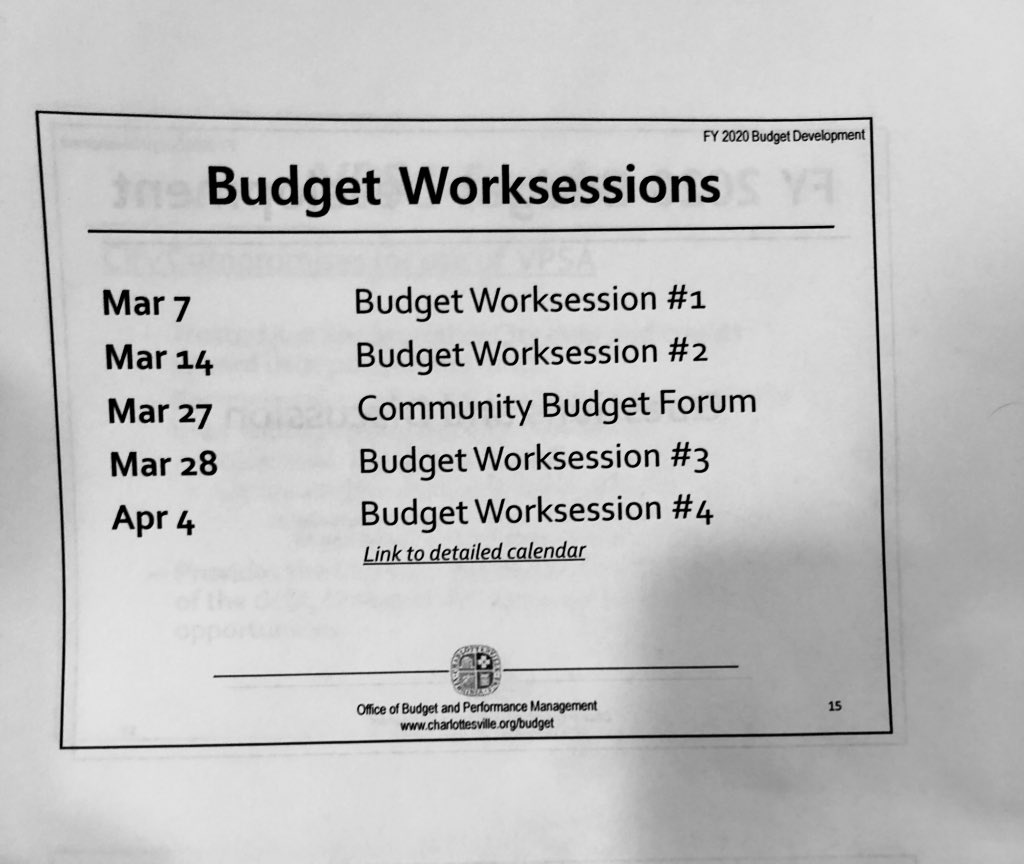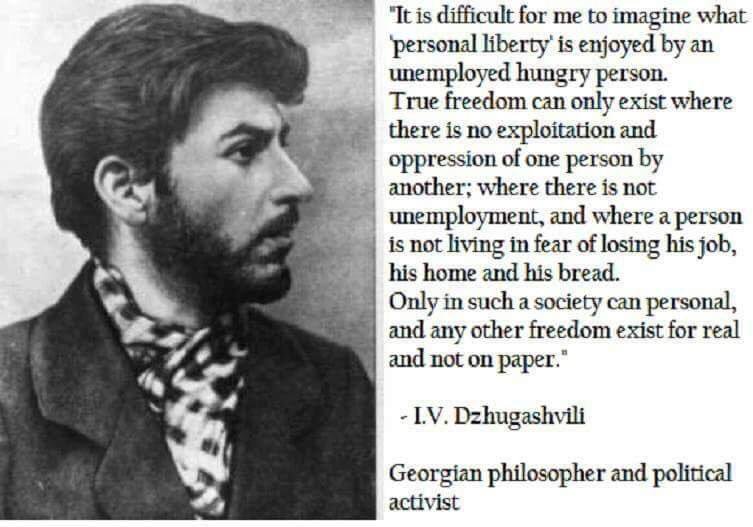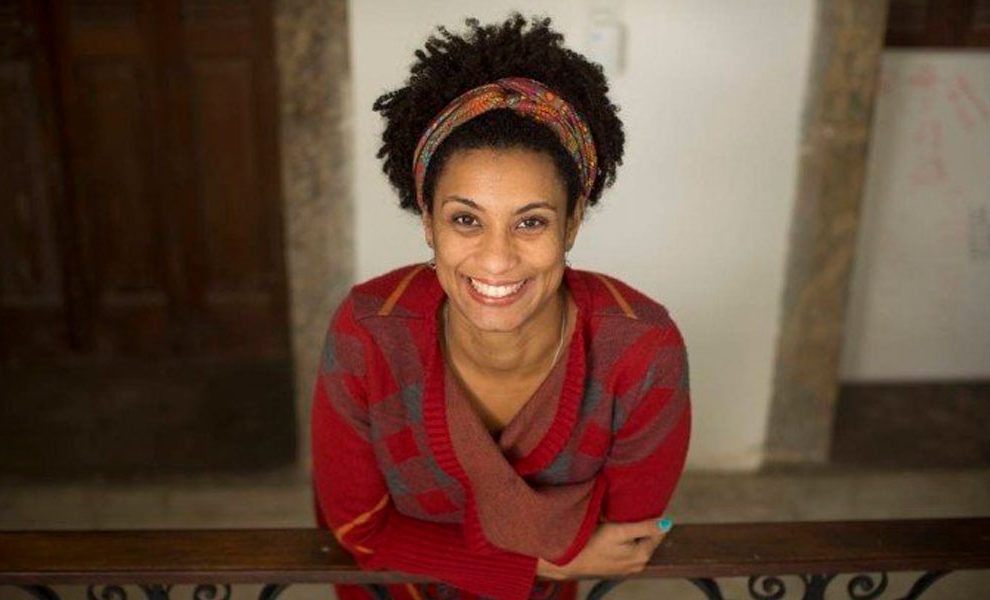I have no stories to post bc I've only been writing election content for the past 6 weeks. But I'm almost done! Only two candidate profiles, 3 issue stories to go!
Council visited this Sept. 10. Here's the Twitter thread from that meeting: threadreaderapp.com/thread/1171570…
The city would need to hire a full-time position for that auditor/monitor and replace the current oversight group.
Suggest policy improvements
Complaints could be made a number of ways.
Complaints can be made outside the police dept
Auditor/monitor won't be located inside the police dept, can make policy recommendations after analyzing data, policies
Task force recommends those members NOT have to live in Boulder, but to have strong ties here, so that it can have greater diversity.
Conklin: Will be defined once you pick a model, but someone with strong investigative experience, who can work with police and community
Passalacqua: That's something to explore, but there is plenty of work to be "passed on to support staff."
"We've talked about that person hopefully being a person of color."
Yes, task force says.
Yikes. That is more than two a month!
Denae: Yes. Community liaison would have a bigger role, researching, etc.
Denae: I'm not sure. This is the most well-regarded group. It would be beneficial to have more than one to reach out to as well.
Denae: Just strong community ties: Working here, kids in school here, etc. We didn't put numbers to it.
Denae: Correct. It's not like they just went shopping at Whole Foods once.
Passalacqua: This info was provided to task force. We did the summary analysis.
Brautigam: They recommended we do some community engagement, we put that panel together three years ago that is more diverse. They meet with police chief and deputies and do some training.
Calls on cops to support oversight.
Jones: So you're passing the choice to us?
Denae: That's why we presented both. If we only went with one, we felt members of the group would be effectively silenced.
Damn, the next meeting is HUGE.
Turnout for the first few meetings was "very strong," Passalacqua says.
"The objective here is to strengthen the police dept in the right way."
Candidates: If you're here and I don't see you, @ me.
Auditor/monitor "offers a lot of promise, next level of transparency."
Morzel: Do you have a preference for in-house or contracted?
Investigative steps, due process, etc... "if we have an outside source coming to that" ... timeliness might be a concern.
Two officers should be on the selection panel bc it will "lend credibility"
Johnson: There are a lot of details to be worked out. We're willing to work with the task force. If there are a lot of those little process details we need to sit down and work together.
Passalacqua: I think we were very clear in how wed' want the selection process to proceed in both models.
Passalacqua: A subset of the group, probably. We're doing this voluntarily.
Task force OK with that.
Task force responded that police chief keeps authority for discipline and that community concern outweighs possibility of politicizing.
Council agrees.
Task force already said they are OK with that.
Jones: So we'd recommend different ones each time?
Yes; "the rotation is important," Passalacqua says.
Yates pushing *maybe* for longer. "Would you be opposed to five years?"
Morzel/Jones: Even non-voting?
Passalacqua: Having police picking ppl that are overseeing police, is problematic.
Applause from the audience.






